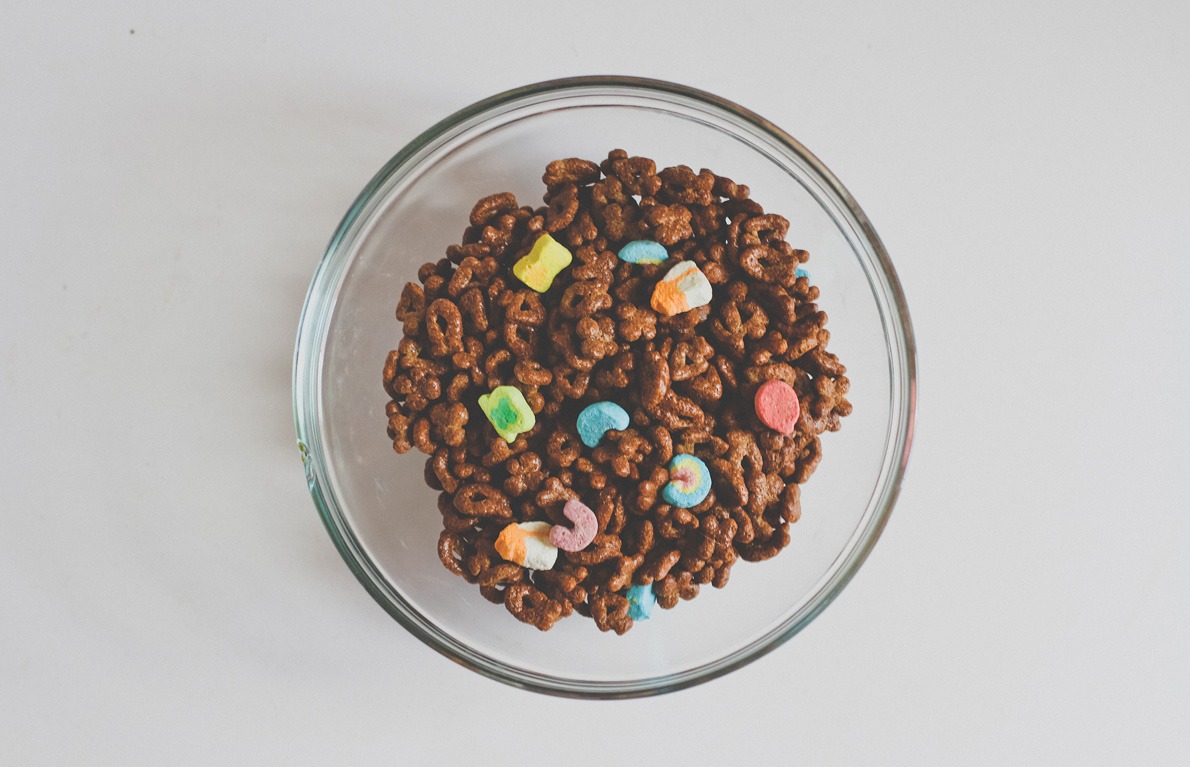The 11 Worst Foods You Can Eat For Breakfast
Pancakes, hash browns, bacon, French toast...sound familiar? The Centers for Disease Control and Prevention recommends eating a healthy breakfast to "improve cognitive function (especially memory), reduce absenteeism, and improve mood." Although skipping breakfast is looked down upon in the health world, it would be worse to eat empty calories in the morning and set yourself up for failure the rest of the day. James Hamblin, senior health editor for The Atlantic, argues that what you eat is more important than when you eat it.
Click here for The 11 Worst Foods You Can Eat For Breakfast Slideshow
The 2015 Dietary Guidelines established dietary recommendations based on the rising health problems that have occurred in the past five years. The new guidelines address heart health, diabetes prevention, and obesity reduction. The main takeaways from the report are to increase fruits, vegetables, and whole grains in the diet, reduce sugar consumption, and replace saturated fats with healthy fats. This actually means good news for your brunch parties or
The guidelines point out that eggs are no longer frowned upon, but instead encouraged due to the low saturated fat content. Kristin Kirkpatrick, manager of wellness nutrition services at the Cleveland Clinic Wellness Institute, encourages egg consumption and suggests eggs as an inexpensive, low-calorie source of antioxidants, protein, and nutrients.
According to the Scientific Report of the 2015 Dietary Guidelines, the population consumes too many refined grains and added sugars. In March 2015, The World Health Organization announced a proposal for children and adults to reduce sugar consumption to 10 percent of their total energy intake. To provide further health benefits, the WHO suggested limiting sugar intake to 10 percent, or about six teaspoons, per day. That may sound drastic but it does not include natural sugars from fruits, vegetables, and milk.
"We have solid evidence that keeping intake of free sugars to less than 10 percent of total energy intake reduces the risk of overweight, obesity, and tooth decay," said Francesco Branca, director of the WHO's Department of Nutrition for Health and Development.
In addition to refined grains and foods with added sugars, the guidelines suggest limiting foods high in saturated fat, such as processed meat. Saturated fat raises the levels of "bad" cholesterol (LDL) in the body and lowers the levels of "good" cholesterol (HDL). To improve heart health, it is important to limit the amount of saturated fat consumption.
Sugared Cereal
Cereal with added sugar tends to be high in carbohydrates and low in fiber, leading to a quick rise and then drop in blood sugar levels. A statement released by the Environmental Working Group (EWG) in 2014 said that children who consume one bowl of sugared cereal a day will consume 10 pounds of sugar in a year.
Coffee Beverages
Unless you are drinking it black, most likely you are consuming additives found in the milk, sugar, or syrup. Mitzi Dulan, nutritionist and author of The Pinterest Diet, argues that although the caffeine content in coffee may give you a boost of energy at first, the drink lacks fiber and protein to keep you nourished and energized throughout the day.


